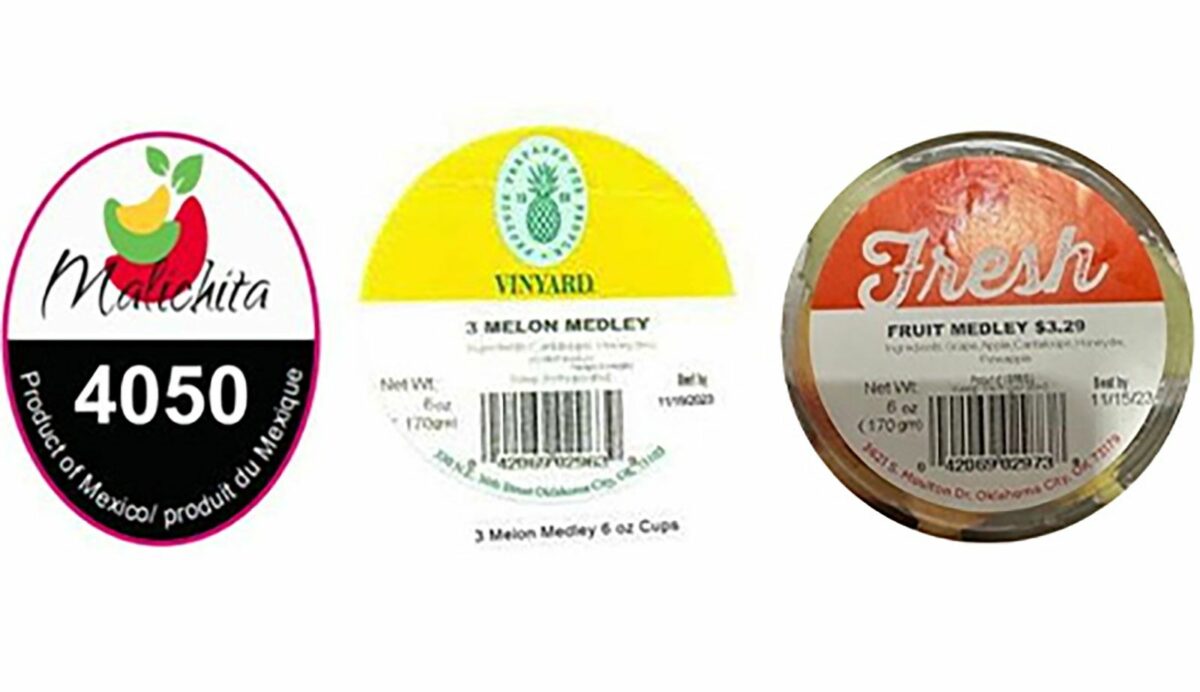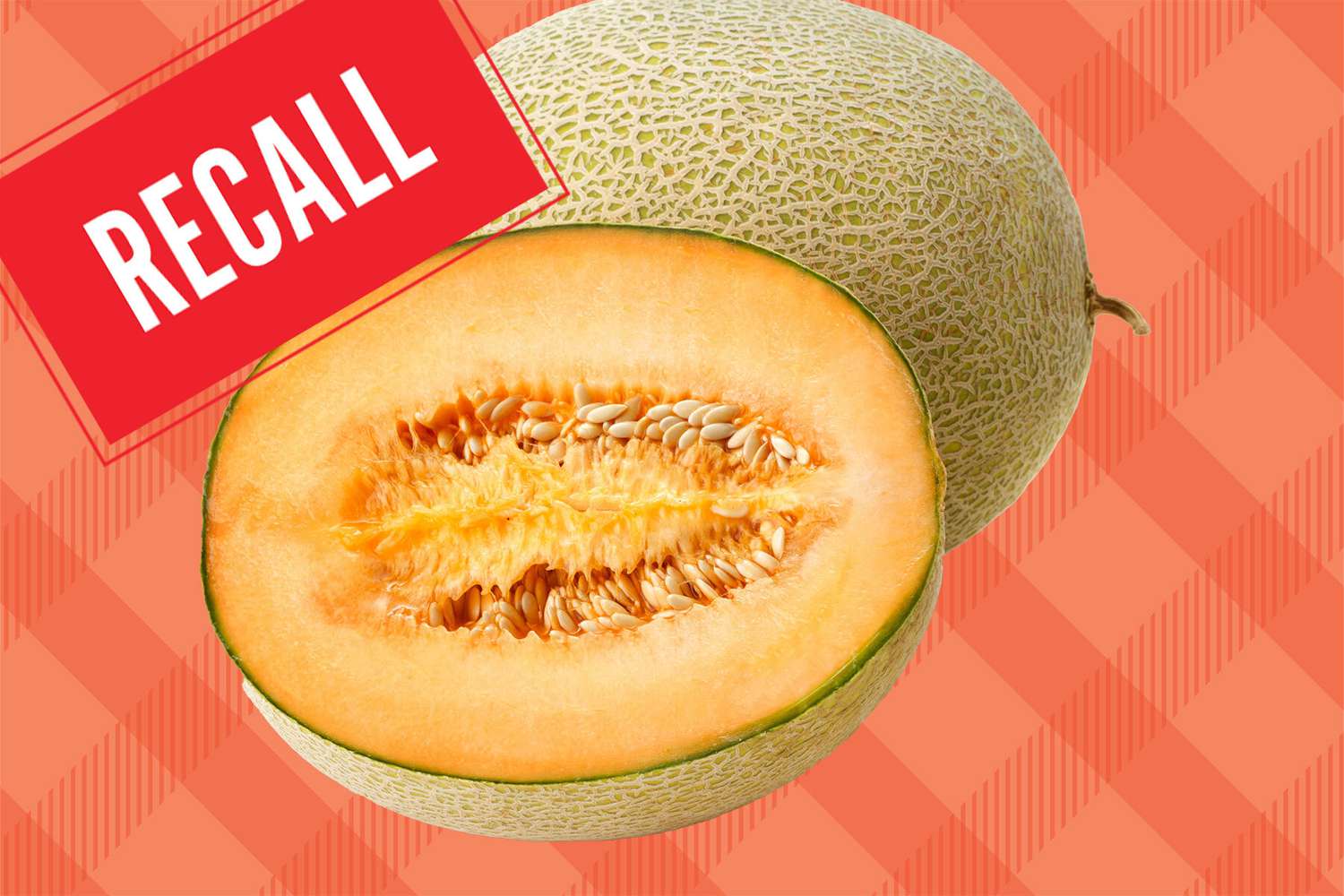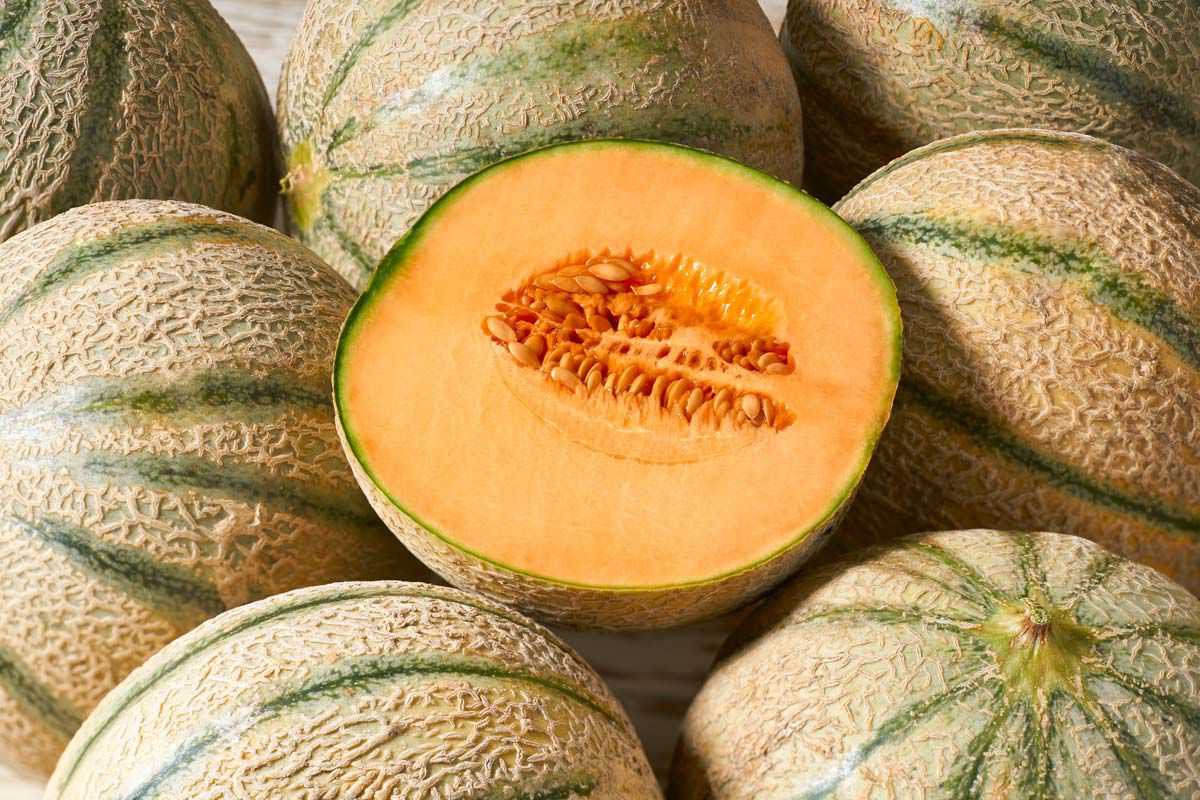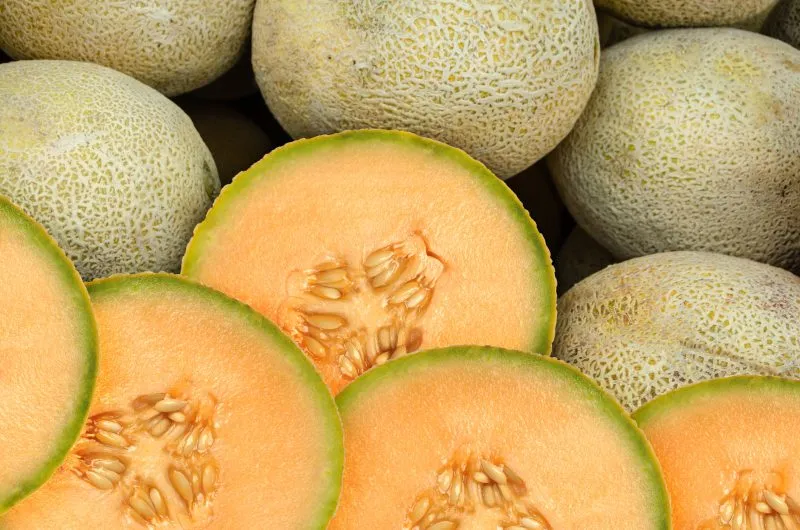The FDA and CDC have warned American consumers against eating whole and cut cantaloupes and pre-cut fruit products associated with the current salmonella outbreak. U.S. food safety experts have advised consumers to keep off consuming recalled cantaloupe food, to avoid falling ill, as they are still investigating the outbreak of salmonella infections.
The Food and Drug Administration reported that 43 people across 15 states got sick from the bacteria. Seventeen of them had to go to the hospital. The latest Salmonella outbreak started on November 6.
Three brands, Malchita, Aldi, and Vinyard, recalled some fresh cantaloupe and pineapple products sold in 13 states in the US and Canada.
According to the FDA, out of the 29 sick individuals, 15 mentioned they had eaten cantaloupe.
The recalls, made just before the FDA’s investigation announcement, include:

- Whole fresh cantaloupes labeled “Malichita,” and “Product of Mexico/produit du Mexique,” sold from Oct. 16 to Oct. 23.
- Aldi’s packaged cantaloupe cut cantaloupe, and pineapple spears with best-by dates between Oct. 27 and Oct. 31.
- Vinyard’s cantaloupe chunks, cubes, fruit mixes, melon medleys, and fruit cups with either a “Vinyard” or a red “Fresh” label, sold from Oct. 30 to Nov. 10 in Oklahoma stores.
These recalled fruits were available in Arizona, California, Maryland, New Jersey, Tennessee, Illinois, Indiana, Kentucky, Michigan, Oklahoma, Wisconsin, Texas, Florida, and Canada. They might have also reached other places through additional retail distribution, spreading the risk of the salmonella outbreak.
Signs and Symptoms of a Salmonella Infection

A. Gastrointestinal Symptoms:
1. Diarrhea
2. Abdominal cramps
3. Nausea
4. Vomiting
B. Fever
C. Headache
II. Additional Symptoms:
They include muscle pain, bloody stool, and dehydration.
NOTE: Symptoms might start within 6 hours to 6 days after exposure.
Severity and Duration
Severity varies from mild to severe symptoms and may last 4 to 7 days. Hospitalization may be necessary in severe cases. Especially for vulnerable populations (elderly, infants, immunocompromised individuals). It is possible that dehydration and bloodstream infections might occur
Recovery is self-limiting in most cases, with the patient required to hydrate and rest. Upon doctor’s recommendation, antibiotics might be necessary in severe cases.
It’s crucial to seek medical attention if you suspect a Salmonella infection or experience severe symptoms to ensure appropriate treatment and prevent complications.
Update Status

This advisory is ongoing. Further updates will be provided as new information becomes available.
Recommendations
- Avoid Consumption: Consumers, restaurants, and retailers should refrain from eating, selling, or serving recalled cantaloupe and any products containing cantaloupe.
- Check Freezers: Some individuals freeze cantaloupe for future use. If so, check your freezers and discard any recalled fresh or cut cantaloupe that was frozen for later use.
- Uncertain about Cantaloupe?: If you’re unsure if your cantaloupe is part of the recall, avoid consuming or using it. Dispose of it to ensure safety.
- Follow FDA Guidelines: Adhere to the FDA’s recommended safe handling and cleaning procedures. Employ heightened caution when cleaning and sanitizing surfaces or containers that might have been in contact with these products to prevent potential cross-contamination.
- Seek Medical Attention: If you suspect symptoms of a Salmonella infection after consuming recalled cantaloupe, contact your healthcare provider for guidance.



